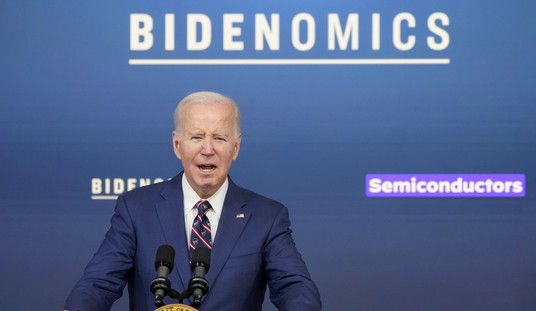Lobbyists on K Street have grown fat and rich representing the interests of some of the world’s really bad actors and governments. They’re free to make their money any way they choose, of course — just like we’re free to curse them for the lackeys of foreign thugs and hooligans they are.
All lobbyists representing foreign governments have to register with the Justice Department, so it’s not like they can hide their affiliations. Still, representing reprobates like Vladimir Putin’s Russia is a choice — a profitable one to be sure, but a choice nonetheless. Should the choice of working for a foreign government that oppresses its own people, and threatens its neighbors come with a price? Even in an imperfect world, it most certainly should. And that price should be that companies and individuals that possess a conscience must shun these lobbyists that seek to influence our own policy makers on behalf of oppressive dictators.
This article in The Hill details the connections that some of the most influential lobbying shops in DC have with Russia. One such company is the PR giant Ketchum:
Ketchum has worked for the Russian government since 2006, when it helped the country prepare for the G8 Summit in St. Petersburg. The firm held with research and media rollout for Putin’s 2007 “Person of the Year” award by Time Magazine and contacted The New York Times last year about an op-ed written by the Russian president, according to Justice Department records.
Putin’s government has also paid out handsomely to Alston & Bird, a law and lobby firm under subcontract with Ketchum to represent Russia. That firm has earned almost $1.4 million since coming on board with Ketchum in 2009, according to Justice records.
An Alston & Bird official directed questions about representing Russia to Ketchum.
Work for foreign governments is among the most lucrative niches on K Street, but it often comes with controversy.
James Thurber, an American University political science professor who has studied the influence industry extensively, said lobby firms weigh two factors when taking on and then standing by a foreign client: income and image.
“My inclination is they would never say it’s about the bottom line but it’s about the bottom line. It’s about profit,” Thurber said.
“They have determined that the income from a controversial client is more important than the poor optics of representing said client. … People have said that dictators deserve representation but I have a different view on that. People have to make a decision about what is morally and ethically correct.”
Ketchum also represents Gazprom, the Russian state-owned oil and gas company, according to Justice records. Venable, another law and lobby firm, is under subcontract with Ketchum to represent the energy company.
The scrutiny facing Ketchum is familiar to veterans on K Street who have had to weigh the risks of taking on controversial foreign clients.
“There are some governments we have decided not to pitch,” said one K Street executive. “There is a reputational risk. If their actions are so bad, they reflect badly on our company, and we don’t want to do anything that would hurt our long-term or short-term image.”
One marker firms use to vet foreign clients is to gauge their relations with the United States.
“If the State Department deals with the nation in a straight-up way and doesn’t consider them rogue, then we would consider having them as a client,” said the executive.
John Podesta, White House counsel for President Obama and former chief of staff for Bill Clinton, started a lobbying outfit in 1988 with his brother Anthony. Now known as the Podesta Group, that company has accepted $900,000 over the last two years from a group known as the “European Centre for a Modern Ukraine, a Brussels-based organization sympathetic to [former Ukraine President] Yanukovich and his political party,” according to Wikipedia. You may recall that Yanukovich wanted to take Ukraine closer to Russia, which was the proximate cause of the unrest that eventually forced him to flee office.
There’s nothing illegal about lobbying for a foreign government, although some on Capitol Hill have grumbled that it should be. Representing the interests of another country, often at the expense of your own nation’s best interests, makes me wonder how some of these guys sleep at night. I suppose if you’re sleeping in a $2 million house, it makes it easier.
But then, unless you’re a conscienceless cad, you probably have nightmares about what you’re doing anyway.










Join the conversation as a VIP Member